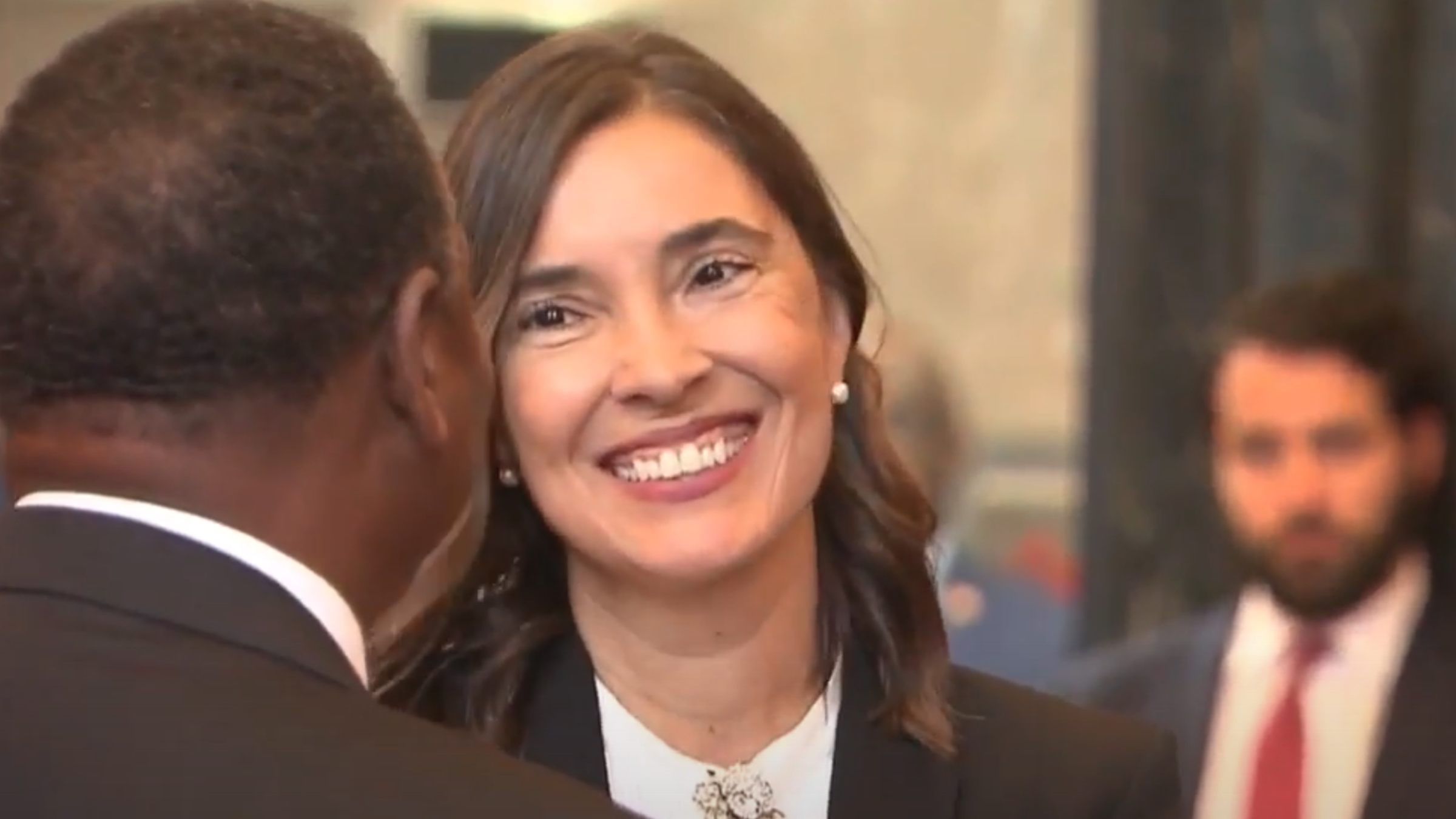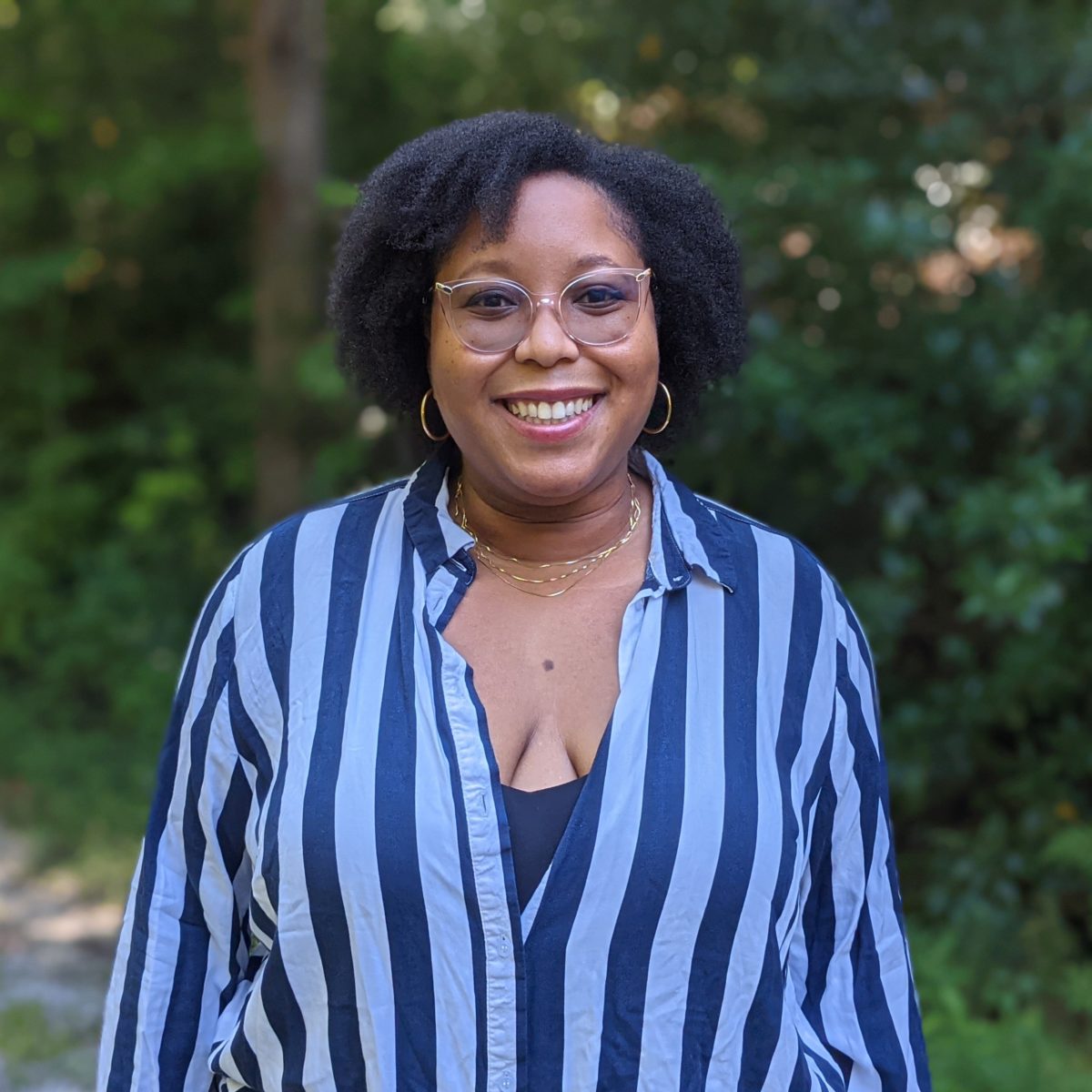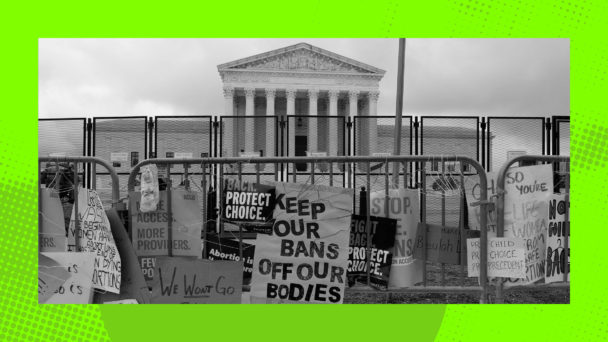For the second time this year, the North Carolina Judicial Standards Commission has opened a formal investigation into Anita Earls, the state Supreme Court’s only Black woman justice. For the offense of describing during a recent interview the ways she has been “treated differently” by her white colleagues—all Republicans who, Earls says, “very much see themselves as a conservative bloc”—the Republican-led Commission alleges that Earls may have undermined “public confidence in the integrity and the impartiality of the judiciary.” The investigation can result in disciplinary action ranging from a formal letter of caution to removal from the bench.
This is highly unusual in North Carolina: Last year, fewer than four percent of complaints to the Commission resulted in formal investigations. But for Black elected officials like Earls, the looming threat of discipline, up to and including removal from their positions, is becoming disturbingly commonplace. Across the country, the White Powers That Be are more concerned with pretending the system is fair than making the system fair, and aim to silence the people willing to say that it’s not.
Earls’s comments came in an interview with Law360 earlier this year, during which Earls was asked about the snow-white makeup of both the state’s appellate bench and also the attorneys who appear before the court. In the interview, Earls discussed implicit bias, hurdles that women and people of color face in the legal profession, and a courtroom culture that affords white men greater respect than everyone else. “I’m not suggesting that any of this is conscious, intentional, racial animus,” she clarified. “But I do think that our court system, like any other court system, is made up of human beings and I believe the research that shows that we all have implicit biases.”

Earls at her swearing-in ceremony in January 2019 (Screencap via YouTube / CBS 17)
Earls, a former civil rights attorney, was elected to an eight-year term on the North Carolina Supreme Court back in 2018, but the state’s conservatives have been big mad about her existence for years. Throughout her career, Earls led multiple successful lawsuits that blocked Republican lawmakers’ racial gerrymanders and voter ID laws. (Earls is a Democrat, but for what it’s worth, she sued Democrats over their redistricting plans, too.) When Earls decided to run for office, Republicans had the ballots rearranged so that her name appeared last in hopes that it would lose her votes. And when she won, Republicans threatened to impeach her if she did not recuse herself from a gerrymandering case, claiming in part that her past work litigating against gerrymanders demonstrated her bias against the legislature.
In North Carolina, where seats on the Supreme Court are filled by partisan elections, Earls is in the minority in more ways than one: The 2022 elections flipped the Court from a 4-3 Democratic majority to a 5-2 Republican majority. The Republicans, led by new-Chief Justice Paul Newby, celebrated this victory by promptly disbanding an internal committee that examined equity in the Court’s hiring practices, and by ending the implicit bias and racial equity trainings that were briefly offered to the state’s judges after the murder of George Floyd in 2020. Ignoring the judicial system’s complicity in racist state violence doesn’t instill any of that “public confidence” in the system that the Judicial Standards Commission claims to be so concerned about. But for the state’s Republican establishment, this was not as troubling as Earls publicly acknowledging that discrimination exists.
Earls’s real offense is daring to call out problems while Black. She is hardly alone in doing so. Just this year, in Alabama, Patrick Braxton, a Black man who was elected mayor of his small town in 2020, had to file a federal lawsuit because the white former mayor refused to let him take office. In Florida, Monique Worrell, the only Black woman in the state serving as an elected local prosecutor, was suspended by Governor Ron DeSantis because he disagreed with her pursuit of shorter sentences for people accused of drug and gun crimes. In Georgia, Fani Willis, a Black woman and elected prosecutor is under investigation by House Republicans because she’s prosecuting Donald Trump for crimes associated with trying to steal an entire presidential election. The message for Black elected officials is clear: If you use your job to threaten white supremacy, white supremacy will threaten your job.
Sometimes, Republicans’ would-be shows of force fail spectacularly. In Tennessee, the GOP-controlled legislature voted to expel three lawmakers earlier this year for violating decorum rules while they held a protest for better gun safety laws on the chamber floor. The two Black legislators, Representatives Justin Jones and Justin Pearson, were the only ones who were actually expelled, forcing them to re-run for their old seats. Their constituents sent the instant icons right back to the capitol.
As for Earls, she is now suing in federal court to get the Commission to call off its dogs. The results of the investigation, though, may be less important than the chilling effect it could have in North Carolina and beyond. The state is trying to make an example of Earls and make it risky for people like her to raise their voices. And if the public is to ever have something resembling a fair judiciary, it’s up to everyone else to make sure the state doesn’t hear the end of it.




